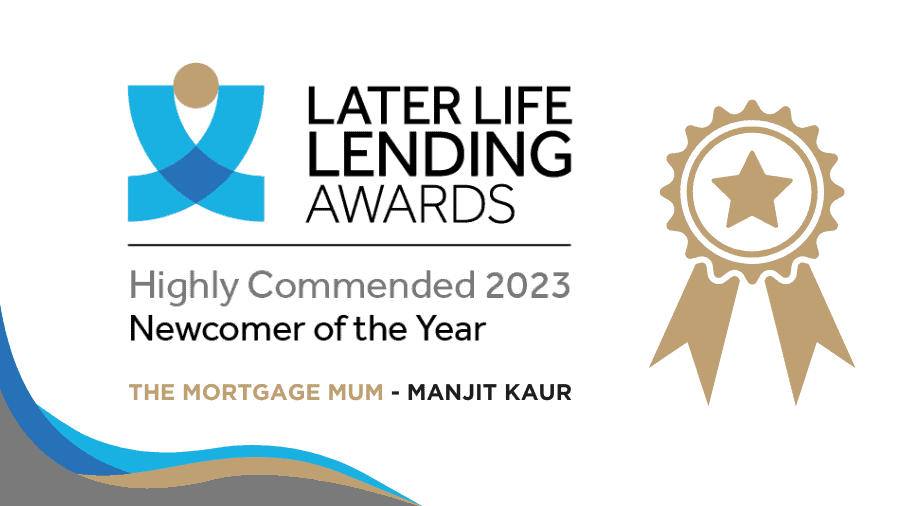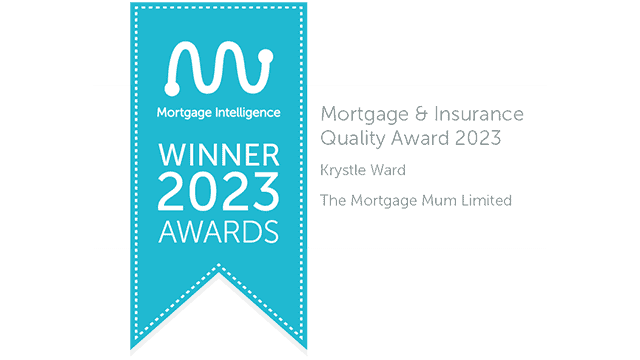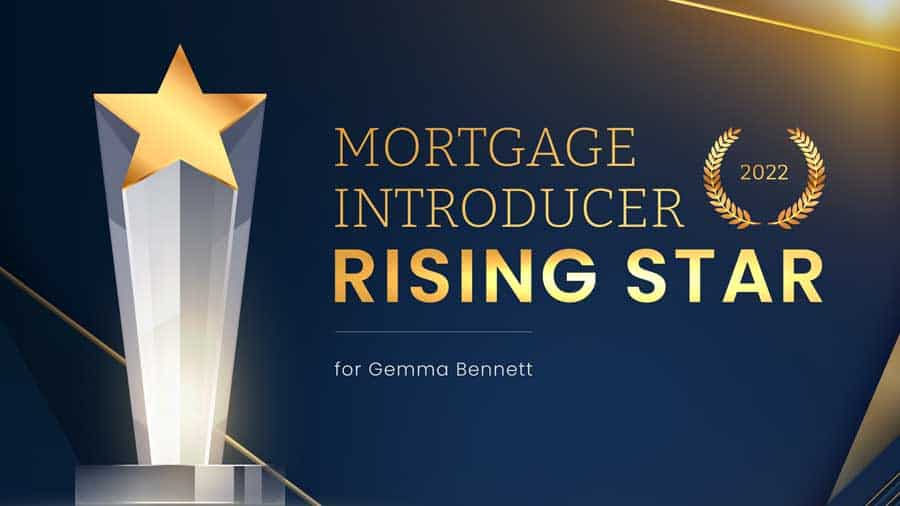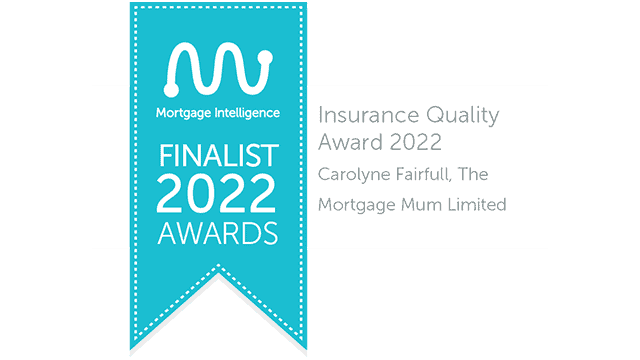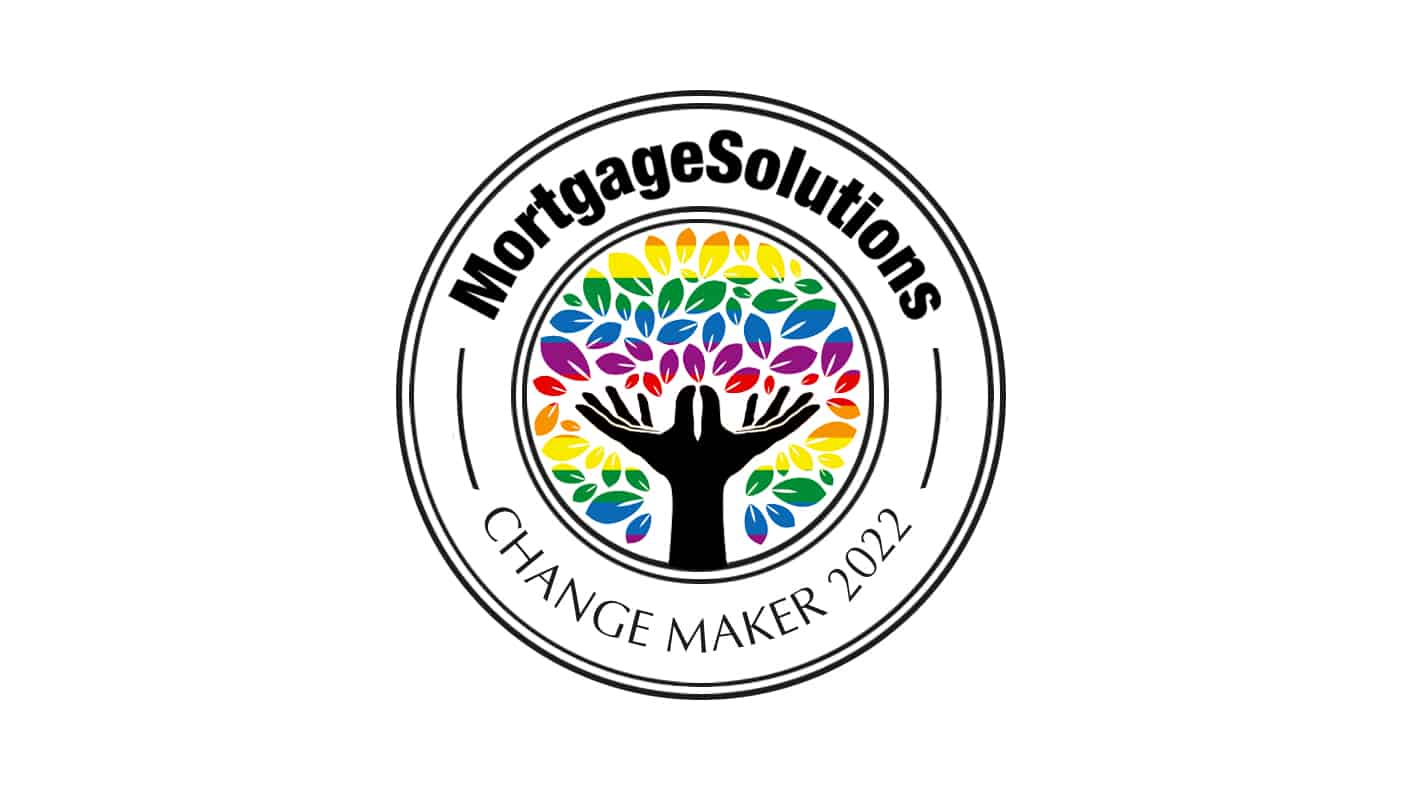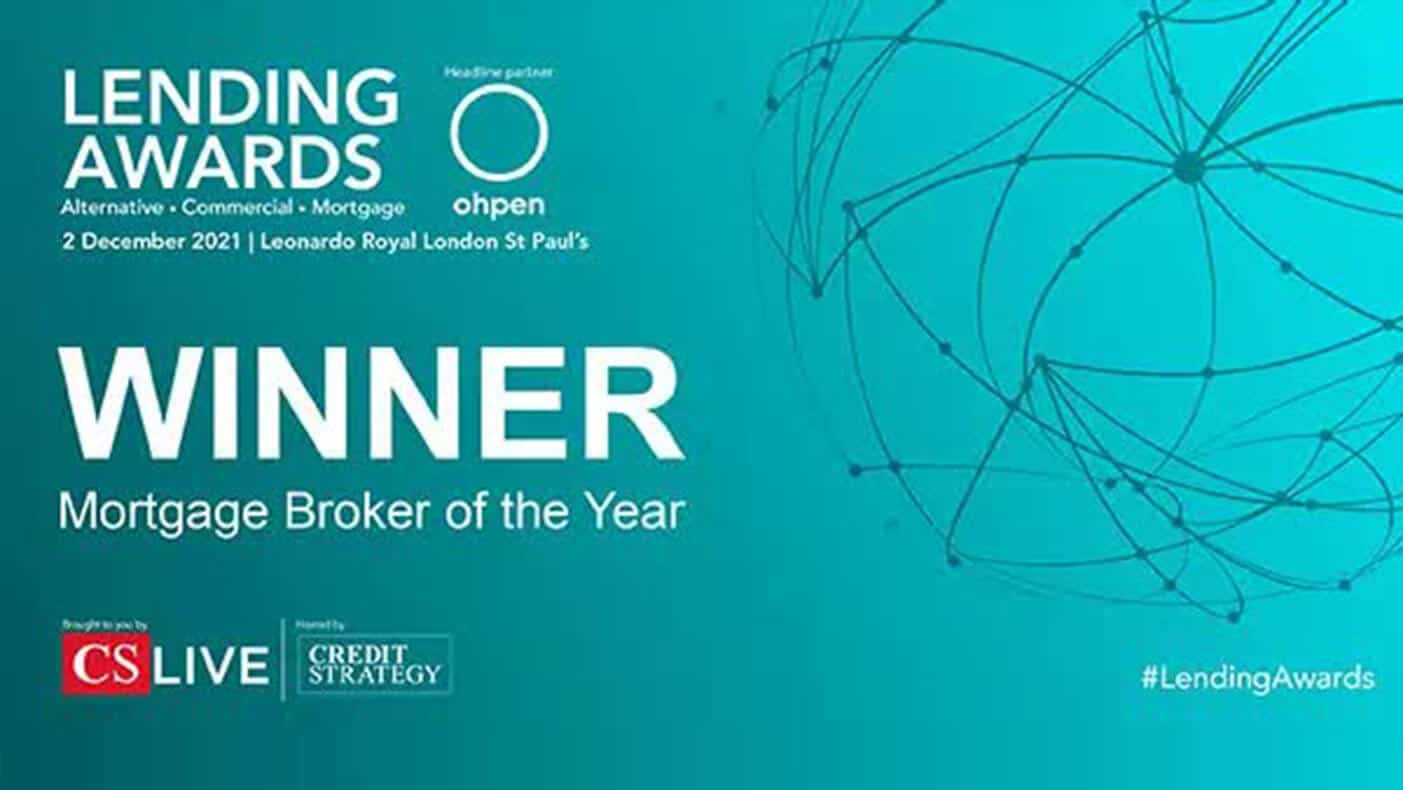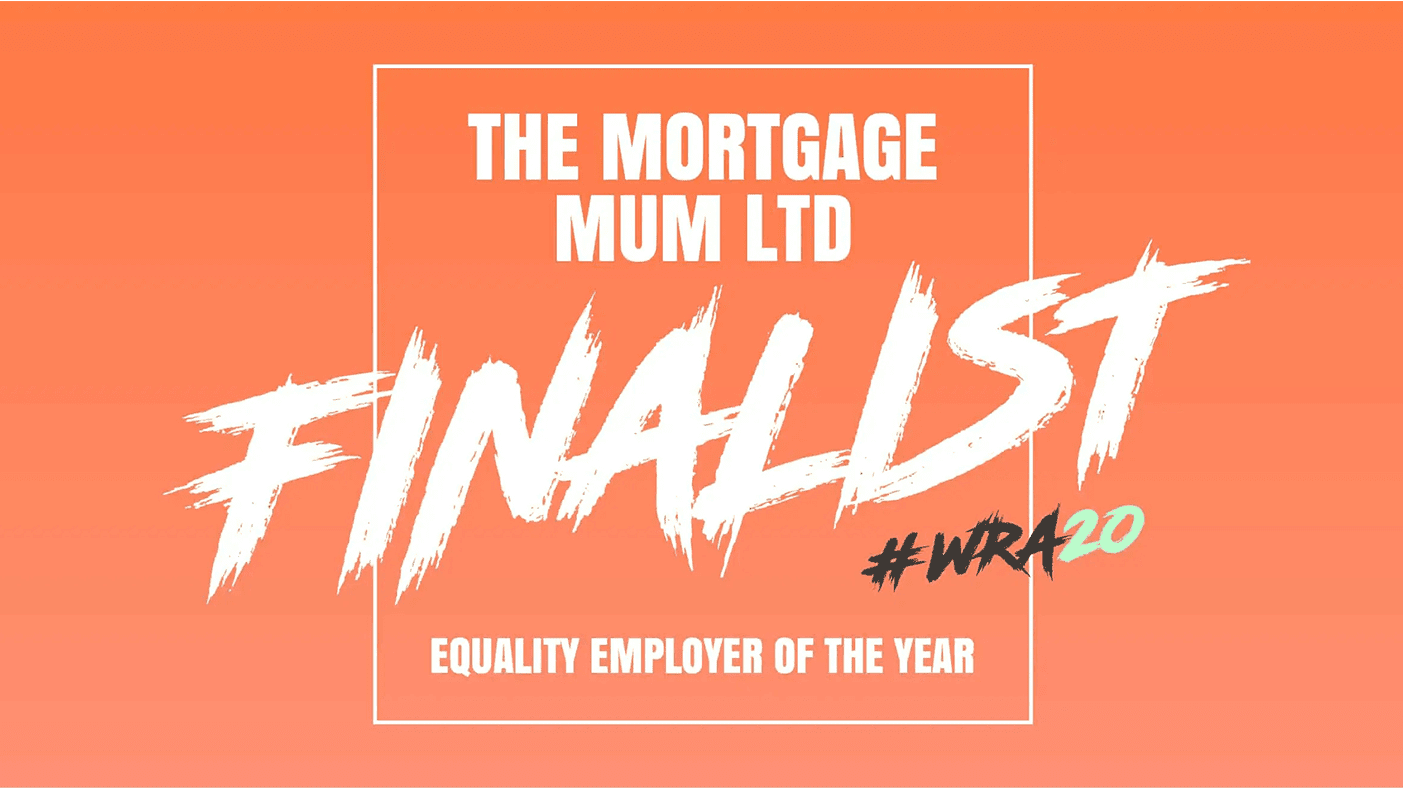Divorce and Financial Planning
- Multi- Award winning team
- Wide range of lenders
- Bespoke service, tailored to you
- Available at all hours, including after bath time!
Get in touch for an initial free, no obligation chat with an advisor about how we might be able to help.

Home » Divorce and Financial Planning
How Getting Divorced Impacts Your Joint Mortgage
What happens to a joint mortgage when you get divorced?
If you’re divorcing or dissolving a civil partnership it can be difficult to divide a jointly owned home. At The Mortgage Mum, we hope to provide guidance and ease stress at what is already a stressful and painful time. You can rest assured that we understand your situation and will strive to provide an empathetic and respectful service throughout the process. We would always suggest that it is advisable to seek legal advice before arranging any changes to your existing mortgage.
Inform the Mortgage lender
One of the first things to consider once you decide to separate from your partner is to inform your mortgage lender. Some lenders may even offer a short payment holiday for those going through divorce proceedings.
Consider your options
Whilst it can be difficult, particularly in the early stages of a break-up, to have a productive conversation with your ex-partner, it’s important that you’re both aware of the options open to you with regards to your mortgage. An intermediary could be a good option to where a direct conversation is impossible.
However you carry out the negotiations with your ex, you’ll need to agree on one of the following options:
- Both move out, selling the property and splitting the proceed of it’s sale
- One partner agrees to move out and the other stays, but you leave the mortgage as a joint responsibility – this may work best for a family home with children
- Where financially possible, one partner could buy out the other and continue to live in the home
- One partner can give up their ownership rights, but keep a stake in the assets, which they receive when the property is sold
What if my name is on the mortgage but not the deed if I am getting divorced?
If your name is not on the deed, it doesn’t necessarily mean you have no rights where the property is concerned. If you’re married or in a civil partnership, you can register your matrimonial rights to the home with Land Registry. This will mean your ex-partner is unable to sell the home without your consent. They also cannot legally force you to leave the property.
If your partner owned the home prior to your partnership, however, you will not have the same rights to the home and should seek legal advice.
I’m Getting Divorced, Can I Stop Paying my Mortgage?
If you have a joint mortgage, you must continue to pay your share of the mortgage payments when you separate, even if you no longer live in the property.
As well as having an effect on both of your credit scores, if one partner refuses to make mortgage payments, this will not reflect well on them throughout the divorce proceedings.
Speak to an expert
We will work at times that suit you and your family, carrying out appointments via video call, telephone or email, giving you the benefit of first class service, around your own schedule, and in the comfort of your own home. So let us handle your mortgage today and find out how well we can look after you, The Mortgage Mum way!
Can my Ex-Partner Take Over the Mortgage?
If one partner decides to stay in the jointly owned property, transferring the mortgage into their name is possible, but they will need to buy the other partner’s share of the property.
Whilst most lenders will accommodate mortgage transfers, they are not obligated to do so. You will need to reach an agreement with them that the remaining occupant can afford the mortgage repayments on their own.
Once the mortgage has been transferred, the partner leaving will no longer be named on the mortgage. At this point, both parties should be able to make a clean break from the financial ties of the partnership on their credit files.
How Can I Buy My Partner Out?
As well as proving to the lender that you can continue to make repayments against the remainder of your mortgage, you’ll need to pay your ex-partner their share in the property, including any current equity it holds. In order to establish the value of their share you will need an independent valuation of your home.
If you cannot afford to buy out your ex outright, you may need to remortgage the property in just your name. If remortgaging isn’t an option for you, it’s possible that you could get a guarantor mortgage. Following an amicable divorce, it may be possible for your ex-partner to guarantor the mortgage for you.
What if the house is in negative equity and I am getting divorced?
If your home is in negative equity at the time of your separation, it can be more challenging to resolve your finances, particularly if you choose to sell the property. It’s likely that the proceeds of sale will not cover the mortgage in full and therefore you will need to share the remaining debt.
How can The Mortgage Mum Team Help?
We fully understand the implications of going through a divorce when you jointly own a home. It can be confusing, as well as emotionally and financially draining.
Whether you need help to facilitate the transfer of your mortgage, a remortgage to buy out your partner or to apply for a new mortgage on your own after the divorce, we’re here to provide experienced support and advice.
Why The Mortgage Mum
- We're a team of mums who understand the juggle
- We're all expert advisers with a wealth of experience
- We work around you and your schedule
- We're here to make the mortgage journey easier for you




















